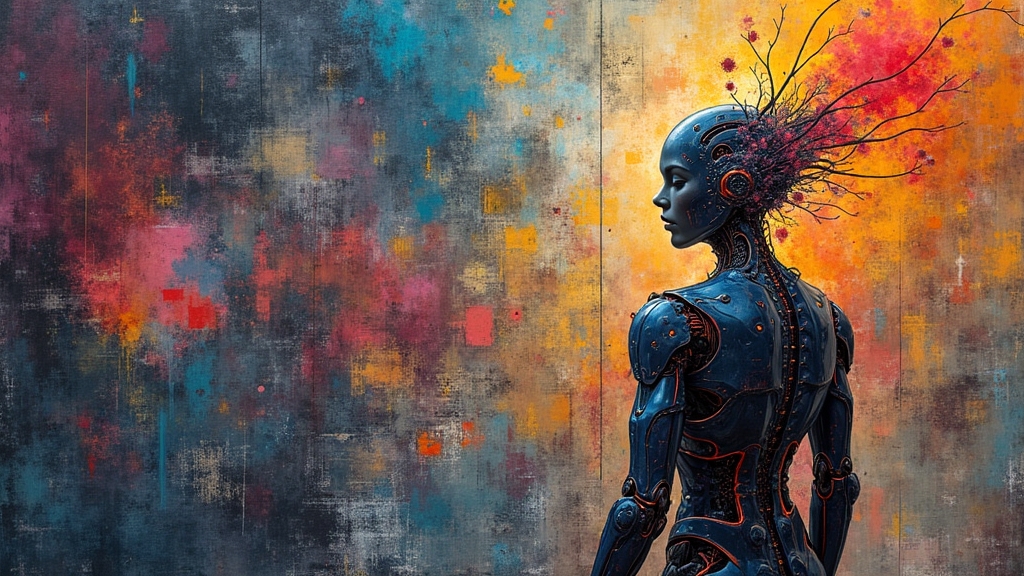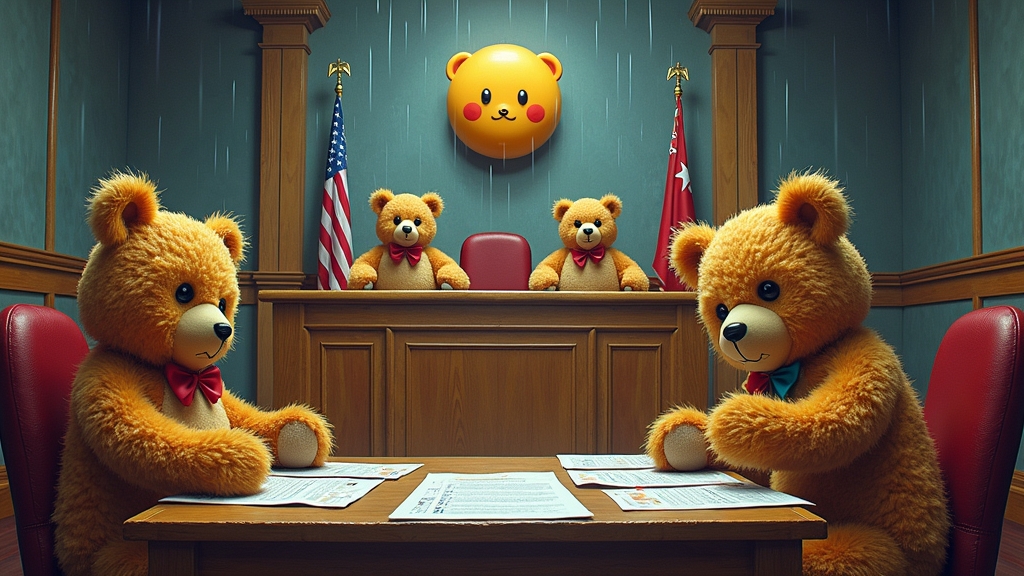AI Now So Brilliant, It Can Plagiarize Your Original Thoughts Before You Even Have Them
In a headline that humanity probably deserves, experts report that hallucinating copy-paste machines disguised as Artificial Intelligence are taking over the world of originality, one stolen Word doc at a time. Gone are the quaint days when you had to wait until *after* creating something for it to be ripped off. Now, these “intelligent” systems leapfrog your brain entirely, producing slightly worse copies of your brilliant ideas *before* they even coalesce into coherent sentences. Peak efficiency, indeed.
“I was thinking of writing a poem about existential dread,” said aspiring writer Lila Thomson, “and, BAM, ChatGPT had already crafted a disturbingly mediocre Haiku about screaming into the void. It even used my favorite thesaurus word: ‘abyss.’ This is personal.”
But fear not! Tech gurus assure us this is not a bug; it’s a feature. “These AIs are democratizing mediocrity,” announced Dr. Ken Pretentious from the Institute of Overpromised Tech. “Why should excellent writing or unique ideas come from creative people when we can all suffer together under bland replicative content? It’s an egalitarian nightmare. Win-win!”
Even academic integrity is no longer safe. Once upon a time, plagiarism required *effort*. A cunning student had to at least *attempt* to download essays from a shady website at 3 a.m. while guzzling energy drinks. But now, professors everywhere are grading papers like detectives solving murder mysteries, trying to decipher whether Kevin in their 11 a.m. PoliSci class or ChatGPT 4.1 is the true author of a sweeping critique on neoliberal capitalism.
“It’s incredible,” said Professor Susan Dreary. “Even ChatGPT throws in atrocious APA citations. One ‘source’ in my student’s paper was completely fabricated — something called ‘Journal of Imaginary Sociology, Vol. 6.’ Laughable. But the student promptly cited it, no questions asked. At this point, do I fail him or the machine?”
Of course, AI companies are doing their best to calm the masses. OpenAI, developers of the human-substitute machine in question, issued a statement: “Our AI is designed to enhance creativity by hilariously sabotaging it. We believe ideas are like communal bicycles — free, accessible to all, and vaguely unwashed. You’re welcome.”
The side effects, however, are becoming difficult to ignore. Scientists warn of a new phenomenon called “Preemptive Validation Fatigue” — a condition where writers and creators spiral into despair knowing their freshest ideas already exist in the form of a C-tier blog on the internet. “What’s the point of dreaming big,” lamented graphic designer Jake Prosecco, “when AI already Photoshopped my vision but gave it Comic Sans eyes and pixelated shadows?”
Adding insult to injury, companies profiting off these AI advancements are encouraging widespread adoption. “AIs are your *co-pilot*,” they say. “Your digital muse!” Which sounds inspiring until your muse starts hallucinating your grocery list mid-thought or sprinkling plagiarized Shakespeare into your Slack messages. (“To oat milk or not to oat milk, that is the question,” your coworker Tom writes. Tom has never read Shakespeare. Tom is lying.)
Consumers are trying to find the humor in it all, like that feeble chuckle you let out when your pants rip in public. “At this point, let’s automate *everything*,” said tech enthusiast Tim Balderson. “Let AI jack my credit score, choose my avocado at the store, or even ghost my Tinder dates before I’ve even swiped right. Why stop at written content when it could cliff-dive my personal life into chaos too? Mega efficiency!”
Meanwhile, AI critics are begging humanity to pull the emergency brake on this trainwreck of innovation. “These systems aren’t learning from humans,” said tech ethicist Laura Grimes. “They’re Frankenstein-ing our worst habits with none of the guilt! It’s like outsourcing moral panic to a toddler armed with sticky scissors and a glue stick of lies.”
Ultimately, civilization seems resigned to this beautifully dystopian trajectory. Why build a future packed with utopian ideals when we can just copy-paste our present hellscape onto a slightly fancier digital platform? Plato, Shakespeare, and every tortured artist would be so proud.





